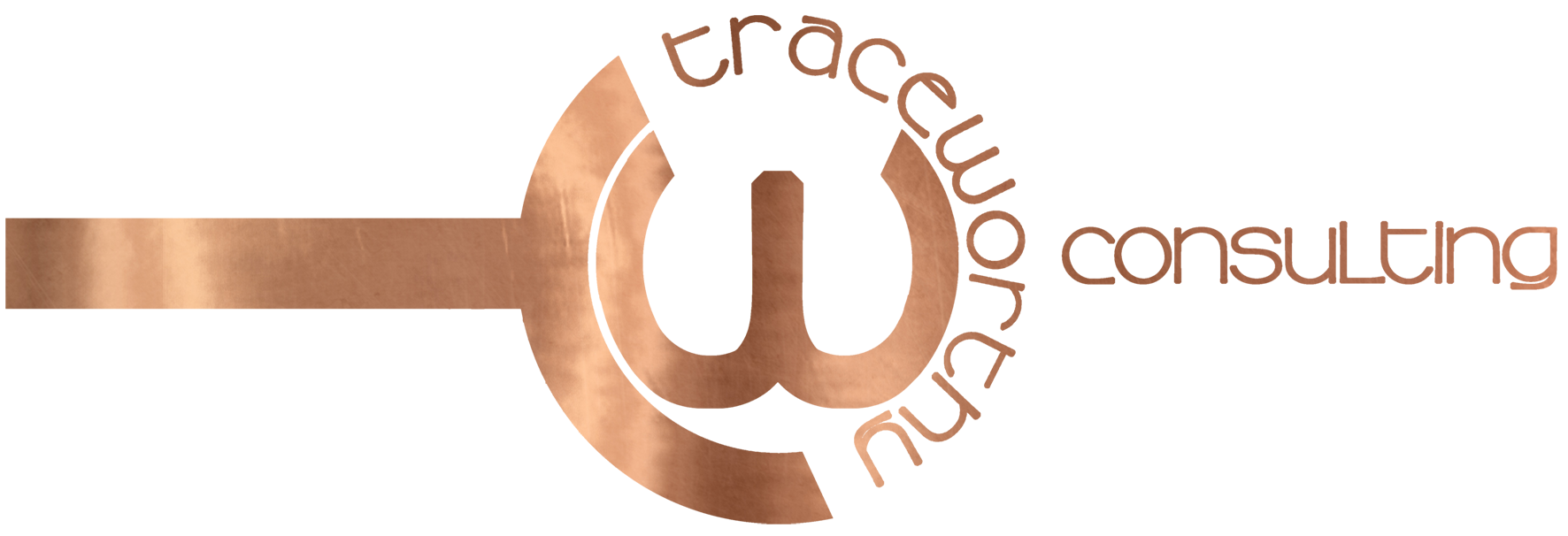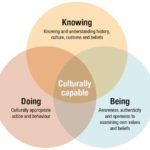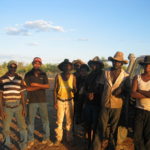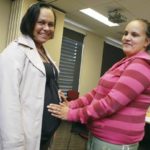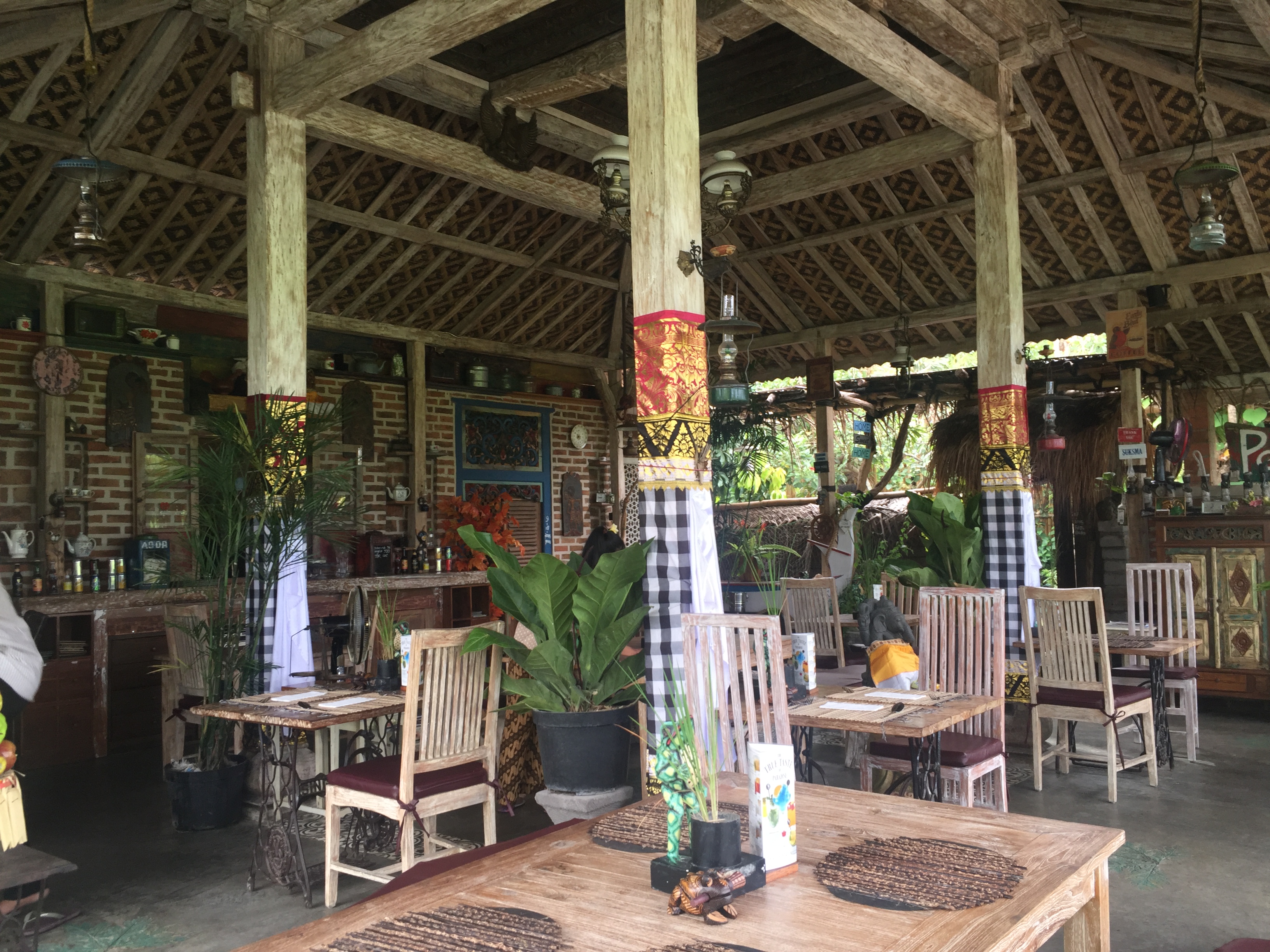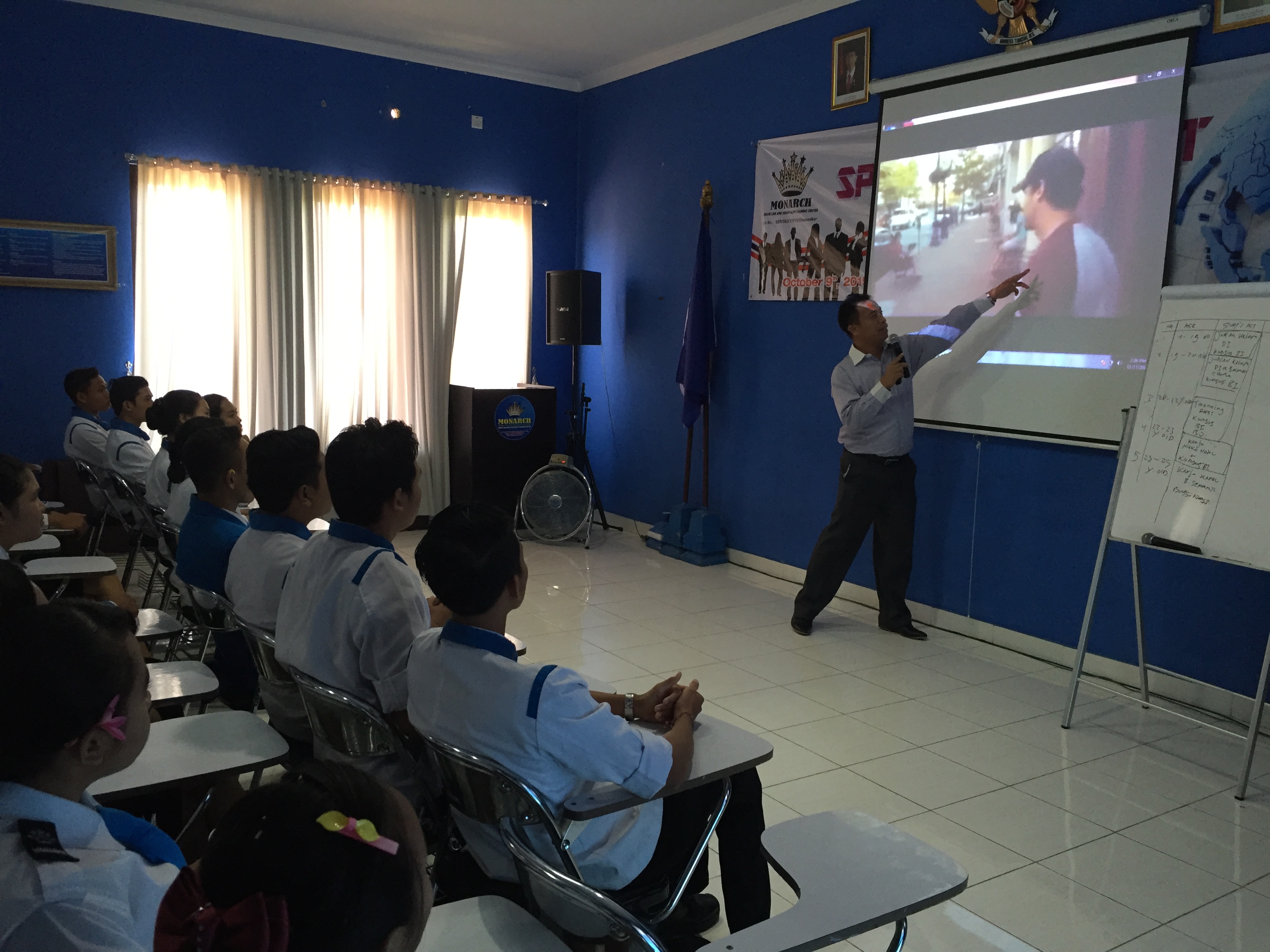
You’ve made a life-changing decision to leave the security of full-time employment in your homeland and launch a new business venture in a foreign country. How do you know whether that is a smart decision?
The relationship between consultant and client is built entirely on trust. Together, they embark on a journey of discovery and decision-making, planning and preparing for an uncertain future. Often, the client is learning an entirely new language, one of sales propositions, risk analyses and opportunity cost assessment. For the consultant, this is an objective process full of scoping and pitching, spreadsheets and Gannt charts, and often hundreds and hundreds of conversations. For the client, the process is fraught with emotion and self-doubt, expectation and naivety.
The consultant’s job is to provide as much information as is necessary for a client to make an informed decision. The client’s job is to listen to that advice and to question anything they may be unsure about until they are satisfied they are doing what is right for them.
Remember:
We have someone’s dream in our hands.
It is our responsibility to do the thinking that our clients may not know to do.
So, what if we discover that a project may not work?
After four months of scoping a venture for a client, we have had to sit our client down and lay the facts on the table. The proposed model for importing a luxury food line from Australia to Indonesia cannot work.
Our market research uncovered strong demand for the product(s). The team is skilled and connected and would open the appropriate doors. The number crunching showed it returning on investment in reasonable time. We could get the foreign-owned business licenses without a problem.
In theory, it could work. There is a signed and soon to be ratified free trade agreement between Australia and Indonesia that says that it could. However, all that is on paper is not true.
Our client could have gone to a myriad of other ‘consultants’ and be told the venture was viable and they should immediately proceed with the registration and licensing of a 100% foreign-owned company. They would have produced the appropriate documents and negotiated work and stay permits for the investor. They might even help with finding a premises to get things rolling. Would they have done the due diligence?
The answer is “no,” they would not have performed adequate due diligence and been able to protect the client.
Enter the very important role of an excellent and experienced consultant.
The Indonesia-Australia Comprehensive Economic Partnership Agreement (IA-CEPA), spruiks to remove barriers to importing primary produce to Indonesia. Bilateral trade between the two countries was worth USD 8.6 billion last year. Our client wanted a piece of that.
Rigorous investigation uncovered the truth about the fair trade agreement. The Republic of Indonesia has opened its proverbial doors to Australia; however, some sectors are still highly protected. This is not unusual; most countries have protected industry and rightly so. Indonesia’s protection mechanism is covert, hidden beneath bureaucracy.
Like other countries, Indonesia has an excellent and rigorous system for implementing certification of products, production and distribution facilities, which is imposed by the Head of the National Agency of Drug and Food Control of Republic of Indonesia (NADFC), known locally as Badan Pengawas Obat dan Makanan (Badan POM). It is here that our client’s “go / no go” decision must be made.
You see, there would be no difficulty in landing the client’s products on the shores of Indonesia. The supply and distribution channels are sound. There would be no problem taking the products to Badan Pom for certification. Harvest, packaging, transportation activities, etc. are compliant to international standards. The blockage is in the covert protection mechanism – imported products competing with a protected sector will be held in Badan Pom indefinitely. The Indonesian Government is not doing anything illegal, corrupt or in breach of IA-CEPA. It is simply delaying the certification process such that most traders will give up before the products are released. That is, a trader may wait three years of more for certification.
Think about that for a minute. You are an enthusiastic entrepreneur with eyes on the import/export prize – a high-value niche product that has proven demand – and you can’t get it off the proverbial ground due to no fault of your own.
Would you have found this trade ‘loophole?” Would another consulting firm have found it? Who do you know that would do the kind of thinking that reveals this most subtle of barrier to success.
We did. Our client has gone back to the drawing board. This one is a “no-go.”
For more information about TraceWorthy Consulting, founder Tracy Wilkinson and her team of Senior Consultants, visit www.traceworthy.com.
